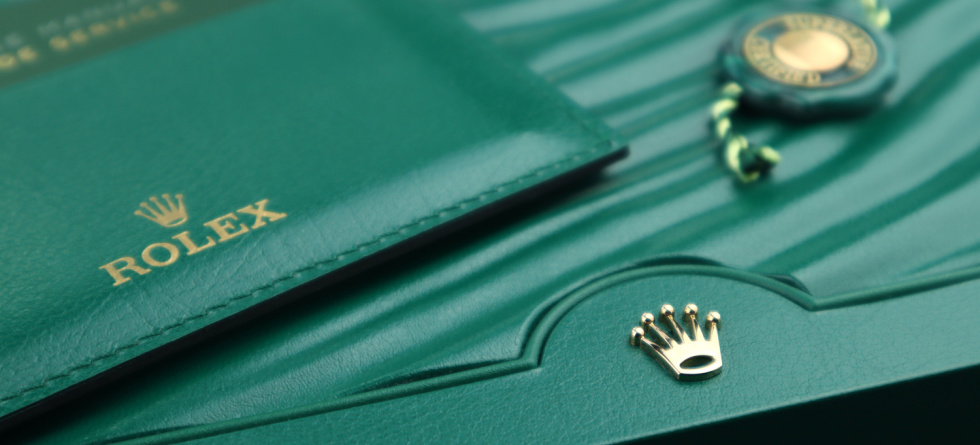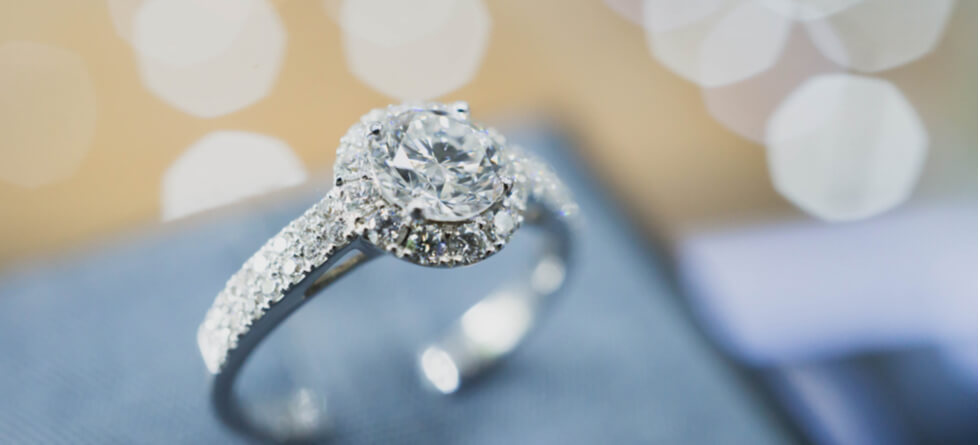The value of a 0.70-carat diamond can vary widely. It depends on the diamond’s quality, cut, color, clarity, and other characteristics. Market conditions and the specific seller or retailer can also influence the price. To get an accurate estimate of the value of a 0.70-carat diamond, it’s essential to consider the following factors:
- Cut: The quality of the diamond’s cut plays a significant role in its value. Well-cut diamonds with excellent proportions and symmetry can command higher prices because they exhibit more brilliance and sparkle.
- Color: Diamonds are graded on a color scale from D (colorless) to Z (light yellow or brown). Diamonds with higher color grades (D to F) are typically more valuable because they appear whiter and more desirable.
- Clarity: Clarity refers to the presence of internal or external imperfections, known as inclusions and blemishes, respectively. Diamonds with higher clarity grades (e.g., IF, VVS1, VVS2) have fewer or no visible imperfections and are generally more valuable.
- Carat Weight: Carat weight measures the size of the diamond. A 0.70-carat diamond is considered a good size for various types of jewelry, including engagement rings. Larger carat weights typically come with higher price tags.
- Cut Shape: The shape of the diamond can also influence its value. Round brilliant-cut diamonds are often priced at a premium due to their popularity and exceptional light performance.
- Certification: Diamonds with recognized grading reports from reputable gemological laboratories, such as the Gemological Institute of America (GIA) or the International Gemological Institute (IGI), may command higher prices due to the confidence they inspire in buyers.
- Market Conditions: The overall supply and demand for diamonds in the market can affect pricing. Economic factors, global events, and industry trends can all play a role.
To get an accurate appraisal of the value of your specific 0.70-carat diamond, have it professionally assessed by a certified gemologist or a reputable jeweler. They can provide a detailed evaluation based on the diamond’s specific characteristics and current market conditions. The diamond’s value can also depend on whether you are buying or selling, as sellers may receive a lower price than buyers would pay due to markup and retail costs.

